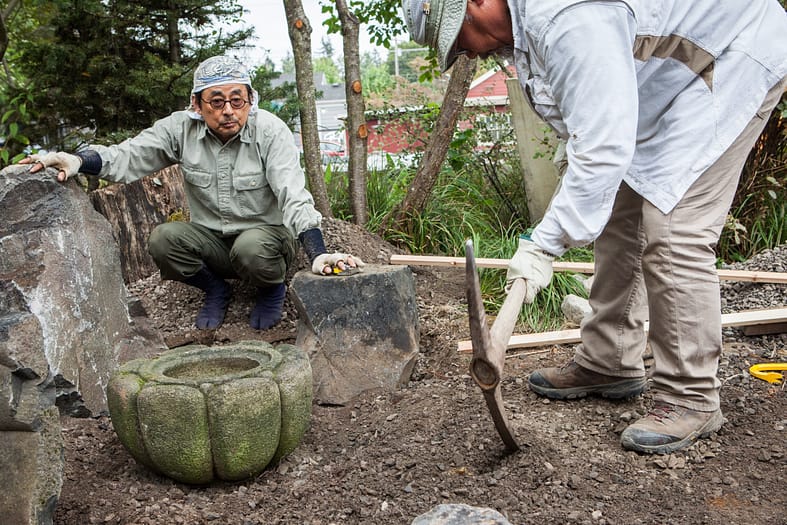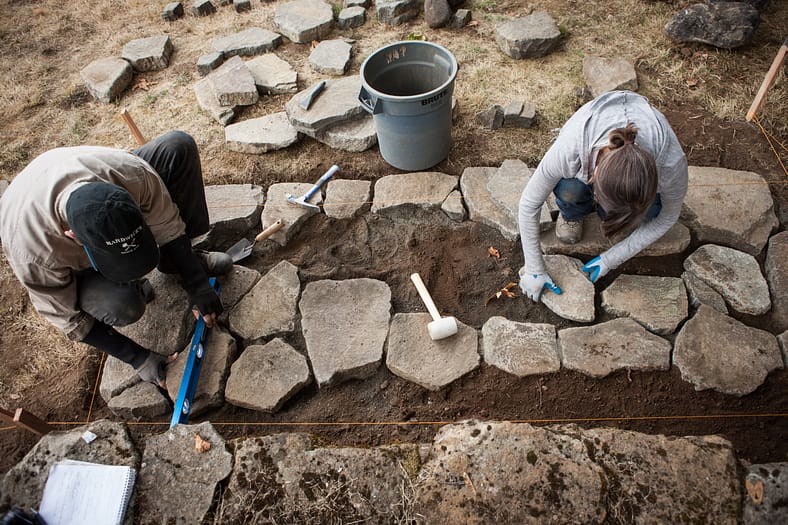
Ever since their introduction to North America at the 1876 World’s Fair in Philadelphia, Japanese gardens have proliferated on the continent. While some like Portland Japanese Garden have had been cared for and maintained by a lineage of landscape experts trained and educated in Japan, others have haven’t always had the same opportunity. Enter the International Japanese Garden Training Center, one of three programmatic centers of Japan Institute. “There’s over 200 or maybe 250 publicly accessible Japanese gardens in North America alone,” notes its Director, Sadafumi Uchiyama. “So, in order to keep these places pristine and beautiful, we need people to maintain these gardens.”

The International Japanese Garden Training Center, or Training Center for short, teaches the traditional skills and techniques for creating and fostering Japanese gardens, while acquainting learners with the garden’s cultural heart. Offering workshops, themed tours, school programs, lectures, professional seminars, and design intensives, the Training Center offers students of all levels the opportunity to gain a deeper understanding of the Japanese garden and its philosophies. It does this with an evolutionary educational approach unique to the world.
Traditional methods of instruction in the discipline of Japanese gardening, which relied on years of hands-off observation, have seen diminishing utility in a modernizing world, particularly in the West. Rather than see this essential and life changing form of horticultural and artistic expression become endangered, the Training Center instead infuses its educational offerings with the classroom characteristics most North Americans are familiar with, including lectures. The results have led to industry recognition, including a Garden Excellence Award from the American Public Gardens Association and the Award of Excellence from the American Society of Landscape Architects.

The Training Center’s world-class offerings shine in its flagship program, Waza to Kokoro. Waza to Kokoro, a three-part seminar for professionals in Japanese gardening and landscape-related disciplines, focuses on the hands-on learning process of stonework in the tea garden, supplemented with theoretical instruction, and practice in topics including garden design, pruning, bamboo fence construction, aesthetics, history, and traditional tool use. These technical skills gain context through the culture of tea to nurture a sense of aesthetics, balance, and composition. This July, Waza to Kokoro will convene learners at the intermediate level, with lectures provided by Uchiyama.
“What can Japanese gardens become?” Uchiyama once told the American Society of Landscape Architects. “Our responsibility is to also move the tradition forward, because tradition is only one little step within a long evolution.”
